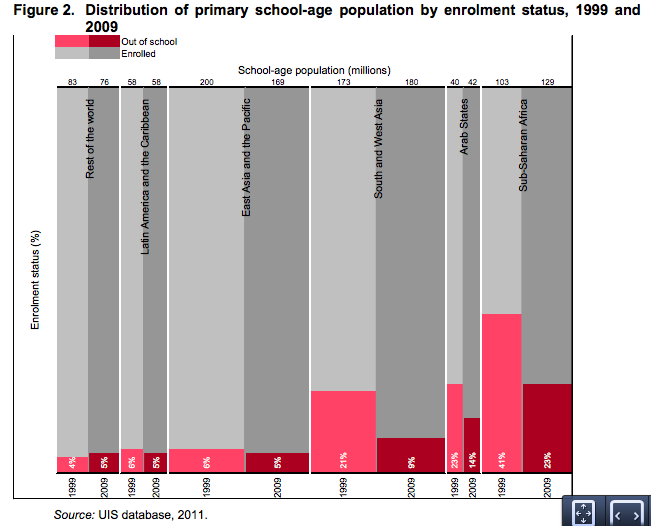Walter Bender recently talked to USAID’s Mobiles for Education (mEducation) monthly seminar group about OLPC’s tablet development, the future of Sugar, and a future where every child has their own tablet. They wrote up a nice summary of his talk.
As exciting as the introduction of the new tablet was for the small group of attendees at the seminar, Sugar was the focus of the discussion and one that Mr. Bender talked passionately about.  Designed on OLPC’s principle of “Low floor, no ceilingâ€, it’s designed for inexperienced users, providing a platform, or low floor, on which to explore, create, and collaborate without any limits to its possibilities.
Exploration is key to Mr. Bender’s philosophy.  Designing Sugar and the computers from a “constructivist†perspective, he referred to Swiss developmental psychologist Jean Piaget and his learning theory of “learning by doing†when discussing the intuitiveness of the system.  “We want to raise a generation of independent thinkers and problem solvers, “ he said after displaying a picture of students taking apart and fixing one of OLPC’s laptops.  “Every deployment has students who repair computers and they are designed so that students can fix them themselves.â€

